CoL Centre 2022 Students
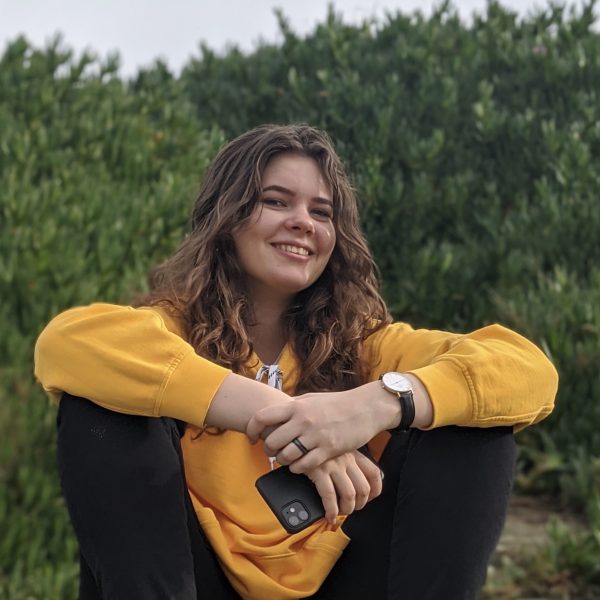
Alicja Skwara
CoL Centre PhD Student
King’s College London
I am a PhD student working under supervision of Dr Jeremy Carlton at the Francis Crick Institute/ Kings College London (KCL) and Prof Victoria Sanz-Moreno at Barts Cancer Institute (Queen Mary University of London). My project revolves around observing and describing the molecular markers and phenotypes related to migration of metastatic melanoma cells. Specifically, I am exploring the mechanisms of nuclear membrane remodelling and its role in metastasis using techniques such as gene editing, migration assays, and advanced microscopy.
I obtained a BSc in Biomedical Science from the University of Surrey in 2021. As a part of my degree, I completed a Professional Training Year at Washington State University. For my final year project, I worked with Dr Lisiane Meira on novel drug combinations against glioblastoma, involving base excision pathway inhibitors. In 2022, I completed an MRes in Translational Cancer Medicine from KCL, where I worked in Dr James Arnold’s lab, investigating pathways of tumour associated macrophages activation and in Dr Anthony Kong’s lab where I studied the combination of radiotherapy and immunotherapy in triple negative breast cancer.
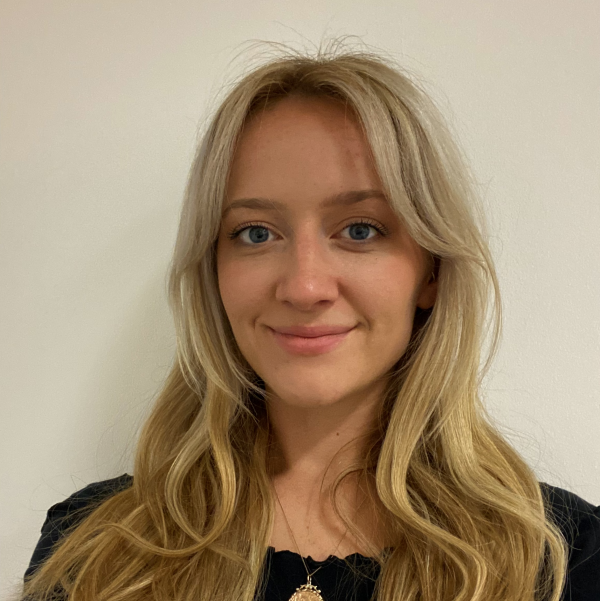
Amelia Claxton
CoL Centre PhD Student
King’s College London
I am a PhD student working under the supervision of Dr Maya Thanou (King’s College London), Dr Darren Hargrave (UCL) and Dr Antonios Pouliopoulos (King’s College London). The focus of my project is on improving the delivery of immune checkpoint inhibitors across the blood-brain barrier using ultrasound and phase-change nanodroplets. My aim is to image delivery using fluorescent probes and monitor tumour growth and immune cell activity following treatment in murine models of diffuse intrinsic pontine glioma.
Prior to starting the CRUK CoL Centre PhD programme, I graduated from the University of Bristol with a BSc in Biochemistry in 2021. I then completed an MRes in Translational Cancer Medicine from King’s College London where I undertook two 6-month research placements, which gave me invaluable practical and research experience.
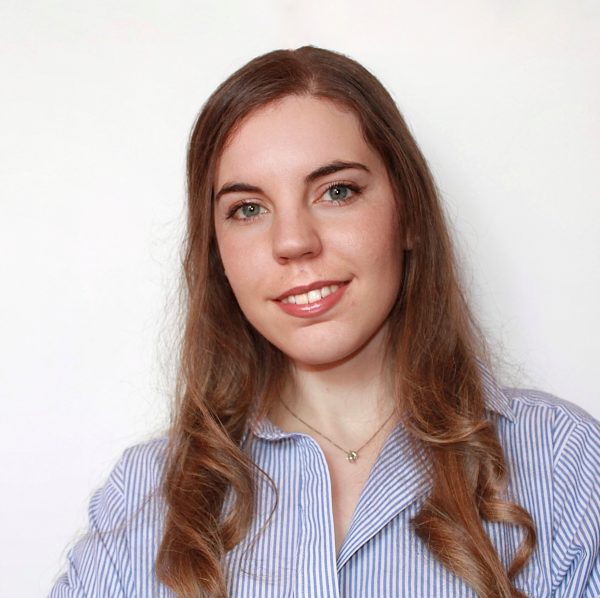
Alessandra Perini
CoL Centre PhD Student
Queen Mary University of London
I am a PhD student on the CRUK City of London PhD programme primarily supervised by Dr. Luigi Ombrato at Barts Cancer Institute (QMUL) in collaboration with Dr. Sophie Acton at UCL. My project will investigate the systemic effects of local radiotherapy on the immune system, particularly on the myeloid cell compartment, and how they can impact the development and microenvironment of metastasis. The final aim of the study is to identify specific molecular targets to develop novel immunotherapy approaches against metastatic disease.
I obtained both my BSc and MSc in Biotechnology and Medical Biology at Vita-Salute San Raffaele University in Milan, Italy. For my MSc thesis project I worked at the San Raffaele Scientific Institute in the Experimental Immunology lab, led by Dr. Paolo Dellabona and Dr. Giulia Casorati, focusing on engineering invariant Natural Killer T (iNKT) cells with antitumor cytokines to develop a new adoptive cell transfer approach for the treatment of solid tumours. After completing my MSc, I continued working in the lab and on my project, expanding my expertise in the fields of immunology and oncology and reinforcing my passion for research.
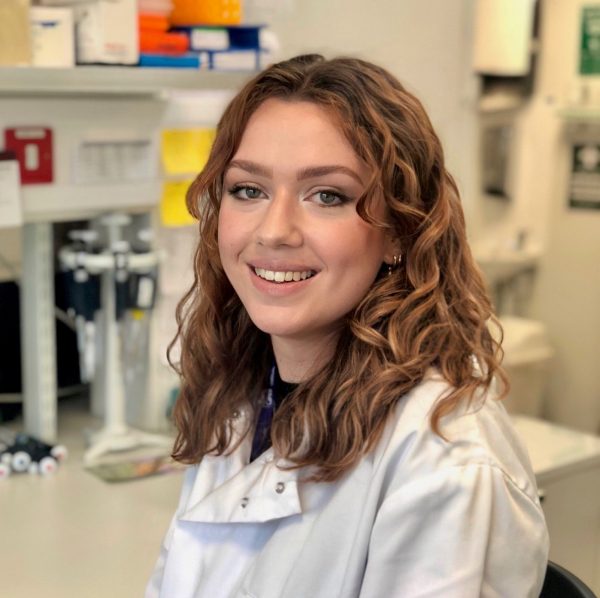
Caitlin Leo
CoL Centre PhD Student
Queen Mary University of London
I am a CRUK CoL Centre PhD student, co-supervised by Dr Tanya Soliman at the Barts Cancer Institute (QMUL) and Prof. Miraz Rahman at King’s College London. My project is focussed on targeting Aurora B kinase at the G2 catenation checkpoint in mitosis as a potential novel tumour specific vulnerability. Specifically, I am looking to target an Aurora B phosphoisoform as part of a failsafe pathway only relied upon by certain cancer cell lines, forcing apoptosis of these cells when they enter mitosis with tangled DNA.
I graduated from the University of St Andrews with a BSc in Biochemistry, and then obtained my MRes in Drug Discovery and Development at Imperial College London, where I focussed on identifying cyclic peptide inhibitors and probes against small GTPase Rab27a for the treatment of melanoma and breast cancer. This project furthered my interest in the overlap between chemical biology and cancer science, which led me to undertake this PhD project.

Julia Hlond
CoL Centre PhD Student
UCL
My PhD is jointly supervised by Prof Richard Jenner at the UCL Cancer Institute and Dr Faraz Mardakheh at Barts Cancer Institute (QMUL). My research explores the roles of post-transcriptional regulatory mechanisms in the acquisition of cytotoxic function in tumour-infiltrating CD4+ T cells. The project focuses primarily on the roles of RNA-binding proteins, and through proteomics-based methodologies I hope to identify mechanisms that can be harnessed to improve the anti-tumour function of CD4+ T cells.
I obtained a BSc in Medical Pharmacology from Cardiff University. During this time, I completed a placement at Prof Bożena Obmińska-Mrukowicz’s laboratory at the Wrocław University of Environmental and Life Sciences, testing novel compounds for canine haematological cancers. After completing my degree, I worked as a research technician with Prof Henning Walczak’s group at the UCL Cancer Institute, where I carried out research on the role of death ligands in cancer and potential therapeutic strategies in in vitro and in vivo models, which helped develop my interest in cancer immunology and the tumour microenvironment.
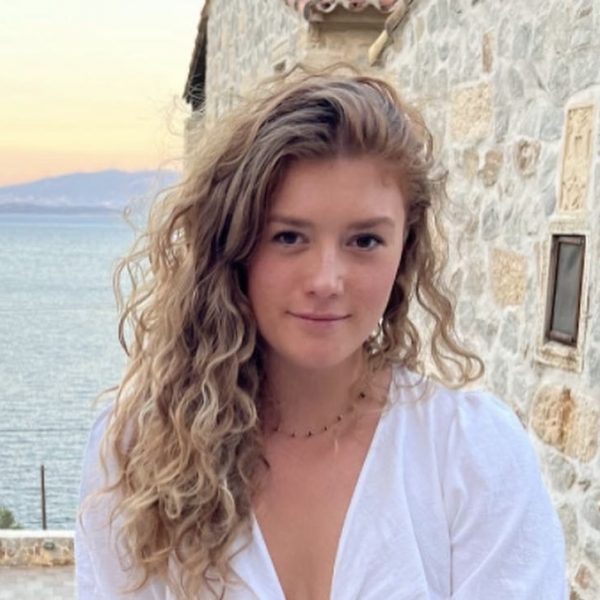
Amber Rogers
CoL Centre PhD Student
UCL
I am a PhD student working at the UCL Cancer Institute under the supervision of Dr. James Reading. My research focuses on the detection and targeting of pre-invasive lung neoplasia. Specifically, we aim to define when T cell reactivity begins in pre-invasive disease and to track neoantigen reactive T-cell clones through disease progression. We hope to identify targetable events in immune dysregulation during this early phase of disease.
Previously I worked as a Senior Research Associate at Achilles therapeutics, a precision cell therapy company, working on neoantigen targeted T-cell therapy. I graduated from Bristol university in 2020 with a BSc in Cancer Biology and Immunology after completing my final year project with Prof. Linda Wooldridge and my placement year in Prof. Andrew Sewell’s lab at Cardiff University. This work focussed on elucidating the targets of tumour reactive and autoimmune T-cells.
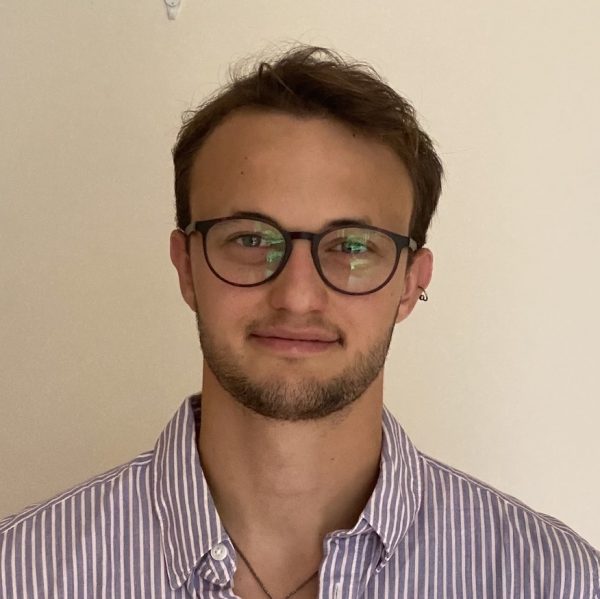
Žan Florjanic Baronik
MBPhD Student
UCL
I am a UCL MBPhD student based at the Samantha Dickson Brain Cancer Unit at the UCL Cancer Institute. My work, supervised by Prof Simona Parrinello and Mr Ciaran Hill, will examine the role of tumour microenvironment on glioblastoma invasion, with a focus on the importance of axonal injury and degeneration. The aim of this work is to increase the understanding of the mechanisms of glioblastoma invasion, which is thought to be a key barrier in glioblastoma management, and unravel potential therapeutic targets which could be targeted in conjunction with current gold standard treatment.
Prior to starting my PhD I studied medicine at UCL and completed an intercalated BSc in Neuroscience.
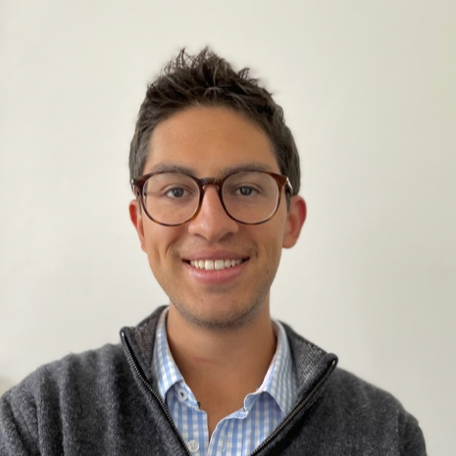
Jai Sidpra
MBPhD Student
UCL
I am an MBPhD student investigating the genomics of childhood brain tumours at the UCL Great Ormond Street Institute of Child Health. Supervised by Professor Darren Hargrave and Dr Laura K. Donovan, my PhD project aims to lineage trace the clonal evolution of therapeutic resistance in ex vivo organoid models of relapsed childhood brain tumours at single-cell resolution, thereby revealing therapeutic vulnerabilities for innovative, effective, and rational therapeutic intervention.
Prior to joining the MBPhD programme, I underwent part of my medical training at UCL and have completed an intercalated BSc with honours in Mathematics, Computers, and Medicine. My research interests also include developmental hindbrain malformations and abusive head trauma.
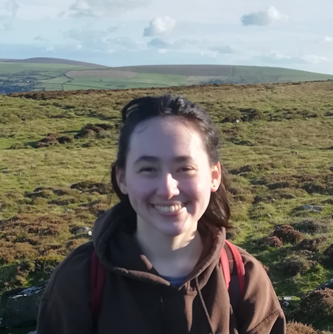
FoongJun Yap
MBPhD Student
UCL
I am an MBPhD student supervised by Dr Paul Maciocia at UCL Cancer Institute and Professor Fran Balkwill at Barts Cancer Institute. My project involves developing next-generation CAR T-cells to target high grade serous ovarian cancer and testing these in vitro and in vivo, with the aim of developing a safe and effective novel therapy which can be taken to clinical trial.
Before starting my PhD, I was studying medicine at UCL and completed my intercalated BSc in Clinical Sciences.
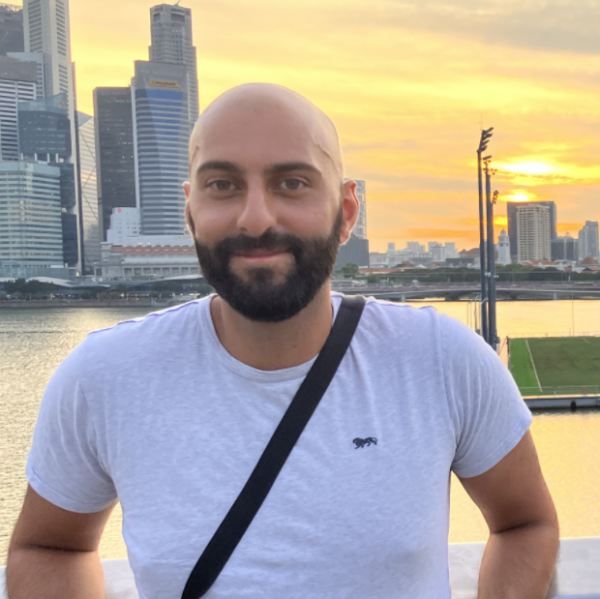
Ateeb Khan
Clinical Research Training Fellow
Queen Mary University of London
I am a clinical research training fellow based in Professor Michelle Lockley’s group at Barts Cancer Institute (QMUL). My project is exploring the evolutionary dynamics of PARP inhibitor resistance in high grade serous ovarian cancer patients. I will aim to analyse the emergence of resistant tumour sub-clones through longitudinal cell free DNA sampling/ analysis of patients on PARP inhibitor treatment. I will then use this real life data to guide in silico models, to establish potential PARP treatment regimes, which extend PARP inhibitor sensitivity. I will subsequently test the treatment regimes in vivo to assess their efficacy.
I studied medicine at the University of St Andrews before transferring to Manchester University to complete my clinical training. I previously worked in the oncology service at University College London Hospital prior to starting the fellowship.
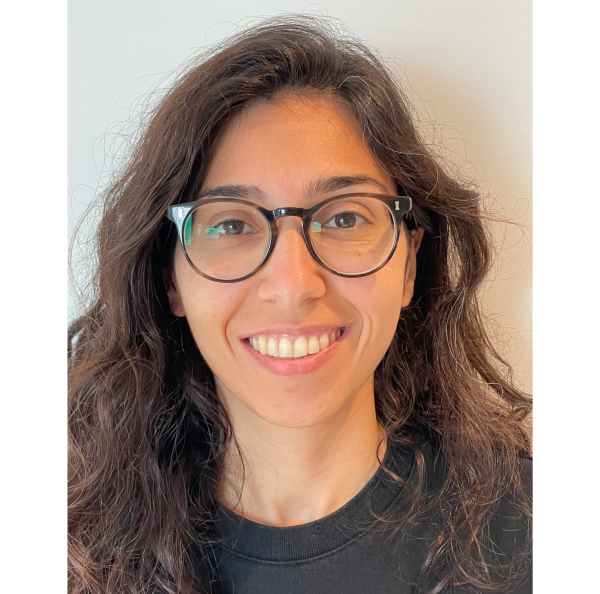
Rodothea (Rosie) Amerikanou
Clinical Research Training Fellow
UCL
I am a Clinical Research Training Fellow supervised by Prof. Adele Fielding and Dr Clare Bennett at the UCL Cancer Institute. By the end of my research degree I hope to have understood how chemotherapy alters the dynamics of macrophages in the B-acute lymphoblastic leukaemic microenvironment and how these immune cells contribute to a chemoprotective niche. Additionally, I aim to develop a 3D organoid model of the leukaemic bone marrow which we will use to further investigate the niche’s interactions with B-ALL cells at different treatment timepoints.
I have a medical degree from the University of Cambridge and a BSc in Physics from Imperial College London. I am specialising in haematology at University College London Hospital.
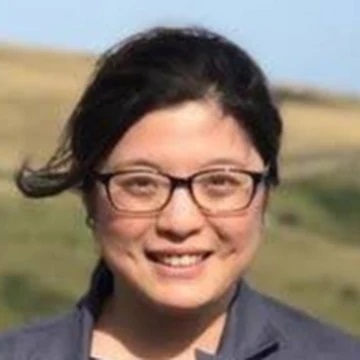
Yanrong Jiang
Clinical Research Training Fellow
UCL
I am a clinical research fellow at UCL Cancer Institute co-supervised by Dr. Marnix Jansen and Dr. Kai-Keen Shiu. My translational research project stems from the NEOPRISM-CRC clinical trial, a phase II trial evaluating the safety and efficacy of Pembrolizumab in patients with high-risk Stage 2 or Stage 3 mismatch repair deficient (MMRd) colorectal cancer. Using samples from this trial, my project will explore mechanisms of tumour evolution in response to immunotherapy and generate predictive biomarkers.
I am a Haematology trainee in London and have previously studied at Cambridge and UCL.
